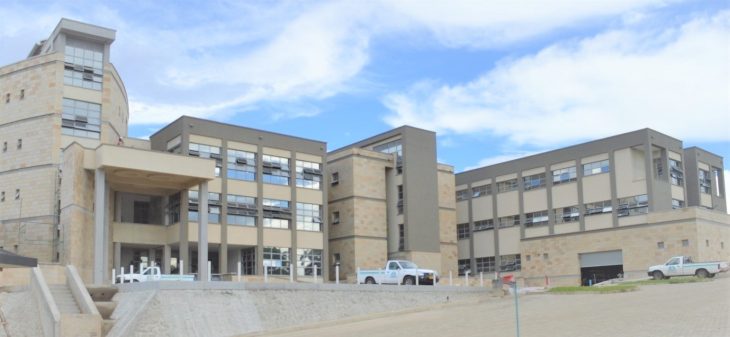
Revitalizing Malawi’s Agro Export Sector: A Lifeline for Businesses
Key Business Points
- Reduced downtime and costs for Malawian agro exporters with the Malawi Bureau of Standards’ (MBS) extension of international certification in 150 scopes, including critical areas such as pesticides and microbiology.
- Improved competitiveness for exporters, with MBS offering testing services at a lower cost (between K10 000 to K250 000 per sample) and faster turnaround time (10 days) compared to sending samples to South Africa and Kenya.
- Increased export potential with the certification of priority value chains such as macadamia nuts, groundnuts, soya beans, and honey, which can help Malawi’s businesses tap into international markets and increase foreign exchange earnings, a concept known as "kugulitsa za mtunda" (exporting goods to earn foreign currency).
The Malawi Bureau of Standards (MBS) has extended its international certification to support exports and import substitution in 150 scopes, a move that is expected to boost the competitiveness of Malawian exporters. The scopes include critical areas such as pesticides, veterinary drugs, mycotoxin, proximate analyses, microbiology, petrochemicals engineering, and materials. This development is particularly significant for the agriculture sector, which is a key driver of Malawi’s economy, and is likely to have a positive impact on the "sekela la mafuta" (agriculture industry).
Before the certification, exporters were sending most of their samples to South Africa and Kenya for standards certification, costing an average of $300 (K525 300) and at least 17 days. In contrast, MBS offers testing services at a lower cost (between K10 000 to K250 000 per sample) and faster turnaround time (10 days). This reduction in downtime and costs is expected to improve profit margins for exporters, particularly in the macadamia nut industry, which is a significant contributor to Malawi’s foreign exchange earnings.
According to MBS director of standards development Fred Sikwese, the certification will help improve the competitiveness of exporters, as the export market looks for testing services that are arising from a facility that is accredited. He noted that some of the samples relate to certification services that MBS provides as part of its regulatory function, and these activities have been increasing over the years. The certification is also expected to help Malawi’s businesses tap into international markets, a concept known as "kutengera ku nthambi ya dunia" (accessing the global market).
MBS has been working to strengthen its conformity assessment system, with support from Trade Mark Africa. The organization has procured modern laboratory equipment, built staff capacity, and developed over 35 national standards across priority value chains such as macadamia nuts, groundnuts, soya beans, and honey. These efforts have culminated in MBS achieving international certification in critical testing areas, including mycotoxins, pesticide residues, heavy metals, and microbiology for its K13 billion laboratory commissioned in 2020.
The development comes at a time when Malawi’s exports are being returned for failing to meet international standards, with up to 70 percent of sesame affected. The certification is expected to help address this issue, by ensuring that Malawian exports meet international quality and safety requirements, a concept known as "kuthandiza za ubwino" (improving quality). As Trade Mark Africa programme manager Noah Sangole noted, there is no need for foreign exchange to send samples to South Africa and Kenya, as exporters can now walk into MBS and have their samples tested, improving the competitiveness of Malawi’s exporters.
What are your thoughts on this business development? Share your insights and remember to follow us on Facebook and Twitter for the latest Malawi business news and opportunities. Visit us daily for comprehensive coverage of Malawi’s business landscape.
- Malawi’s K1.2tn Gold Smuggling Scourge: A Threat to Business Growth and Economic Stability - February 1, 2026
- Revitalizing Malawi’s Economy: Lower Food Prices Signal New Growth Opportunities - January 31, 2026
- Revitalizing Malawi’s Economy: Tackling Climate Related Underfunding for Sustainable Growth - January 30, 2026
